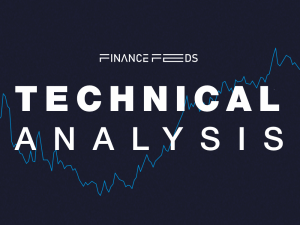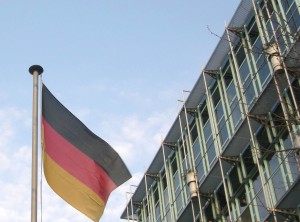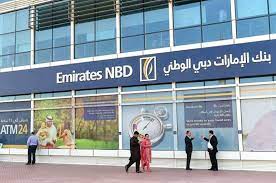Opinion: What to Expect From Web3 in 2024
Web3, much like many pioneering technologies, is designed to enhance our lives. Most traditional financial institutions have already recognized that these technologies can complement their services and are actively exploring how to collaborate and incorporate Web3 into their activities.

Let’s explore the opportunities it may offer the world and the global economy in 2024.
More Transparency to Come
Amid global economic and political uncertainty, there is a strong belief in the continued growth of blockchain and decentralized applications (DApps). According to DappRadar, the average number of daily Unique Active Wallets (dUAW) engaging with decentralized applications saw a 15% increase from Q2 2023, reaching an average of 2.2 million dUAW.
While the future appears promising, concerns regarding identity and privacy remain at the forefront. Fortunately, the prevailing trend in primary markets leans toward enhanced transparency, significantly reducing the involvement of cryptocurrencies in illicit activities, evasion of sanctions and taxes, and similar issues.
To facilitate the widespread adoption of Web3 technologies, users must embrace transparency and a robust regulatory framework designed to safeguard the interests of all ecosystem participants. Regulators face a considerable challenge in keeping pace with rapid change and innovation, necessitating recognition that retrofitting existing regulations will yield a different outcome.
Adoption of Decentralized Finance (DeFi) Protocols
Decentralized finance has piqued the curiosity of investors and regulators, positioning itself as the most recent and potentially groundbreaking innovation in the cryptocurrency realm.
Currently, specific use cases, particularly in cross-border transactions, highlight DeFi’s well-defined advantages over traditional systems. To foster broader adoption, it is essential to identify and endorse additional use cases that offer tangible benefits. We have seen these come to the fore, particularly in developing economies, where certain inefficiencies persist within the traditional financial system.
Bridging the Gap Between TradFi and Web3 Through Partnerships
The relationship between Traditional Finance (TradFi) firms and Web3 is intriguing. While they can be seen as competitors, Web3’s full potential hinges on the support and integration of traditional finance.
In the realm of emerging technologies, established incumbents often prefer to collaborate with specialized providers rather than starting from scratch. For instance, E-Gates is well-positioned to harness the innovations within crypto and blockchain, enabling traditional players, such as financial institutions and e-commerce merchants, to seamlessly incorporate these features into their operations while ensuring regulatory compliance and reliability.
Our payment gateway facilitates the acceptance of cryptocurrencies alongside traditional payment methods, and we’re developing a payment card for users to pay merchants using their preferred cryptocurrency via traditional payment channels.
Such developments can be a real game-changer in bridging Web3 with familiar financial systems.
Final thoughts
The future of Web3 finance shines with potential, extending beyond mere value transfers. It represents a complete reimagining of finance, heralding an era of widespread access to financial services. DeFi is restructuring the realms of borrowing, lending, trading, and income generation. Smart contracts are streamlining agreements and transactions, reducing the need for intermediaries. NFTs are leading the way in redefining digital ownership.
As Web3 evolves, it adapts to regulatory frameworks and explores cross-chain operations, laying the groundwork for further innovation. I eagerly anticipate the new, exciting developments that 2024 will bring to this dynamic field. And you?

Sarah Clark is a seasoned executive with broad international experience in various industries, including travel, retail, financial services, FinTech, and e-commerce across Europe, the USA, the Middle East, and Africa. Sarah grew PayPal’s business across three continents to deliver the highest revenue growth in the company despite a challenging regulatory environment. She also launched and ran the European operations of 2 venture-backed businesses – LootCrate and Clearco – delivering double-digit revenue growth.
The subject matter and the content of this article are solely the views of the author. FinanceFeeds does not bear any legal responsibility for the content of this article and they do not reflect the viewpoint of FinanceFeeds or its editorial staff.









